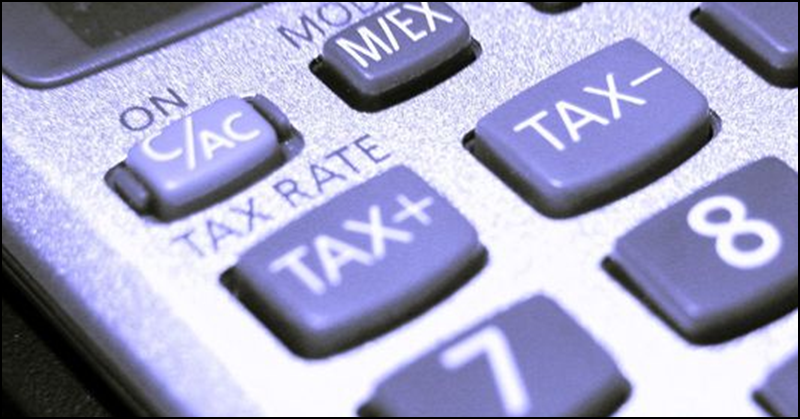Part of the allure in working in the Middle East is its unique taxation system (or the lack of it, at least back then). Because there’s no income tax to be deducted from one’s earnings, migrant workers have a considerably bigger take-home pay as compared to what they would earn from their home countries or elsewhere.
However, as the oil industry has taken a hit in recent years, many countries in the Middle East are now looking for adjunct sources of revenues by boosting non-petrol industries such as tourism and agriculture, and through the placement of indirect taxes such as value-added tax (VAT).

Oman Looks to Impose New Indirect Tax to Raise Revenues
In this regard, Oman is set to impose a new tax on sugary drinks and tobacco products starting June 15, as the nation seeks to boost state revenues strained by years of low oil prices, as shared in a report by the Khaleej Times.
According to the update, a 100% excise tax will be introduced for tobacco products, energy drinks and meat, while a 50% tax will be applied on carbonated drinks.
According to Sulaiman bin Salim Al Aadi, director general of survey and tax agreements, the excise tax is a form of ‘consumption tax’ and is considered to be indirect taxes. Thus, the final charge is on the consumers, but it is collected in advance at a stage of the supply chain, notably through the business sectors.
Of note, Oman has been slow in implementing fiscal reforms aimed at limiting the widening of its budget deficit, while it has increasingly relied on external funding – through bonds and loans – to refill its state funds.
The sultanate earlier expressed its intention to introduce a 5 percent value-added tax back in 2018, but has been deferred ultimately, and is now expected to start by next year.
S&P Global Ratings noted in April that any further delays in implementation, along with a scenario of lower oil prices, pose downside risks to the assumption of narrower fiscal deficits relative to 2015-2017.
At the beginning of the year, the national government revealed that it expected its budget deficit to be 2.8 billion rials (USD 7.27 billion) this year, or 9% of the sultanate’s gross domestic product.
While the new law is expected to boost the government’s revenues, it will also promote a price spike in the country, which is ultimately shouldered by the consumers. However, we need to take a look at it in the positive, because the “indirect tax” the people will pay for what they consume, will ultimately keep the overall economy afloat, which benefits the residents themselves in the long run.
ALSO READ: Oman Among 50 States Eligible for Visa on Arrival in Pakistan
